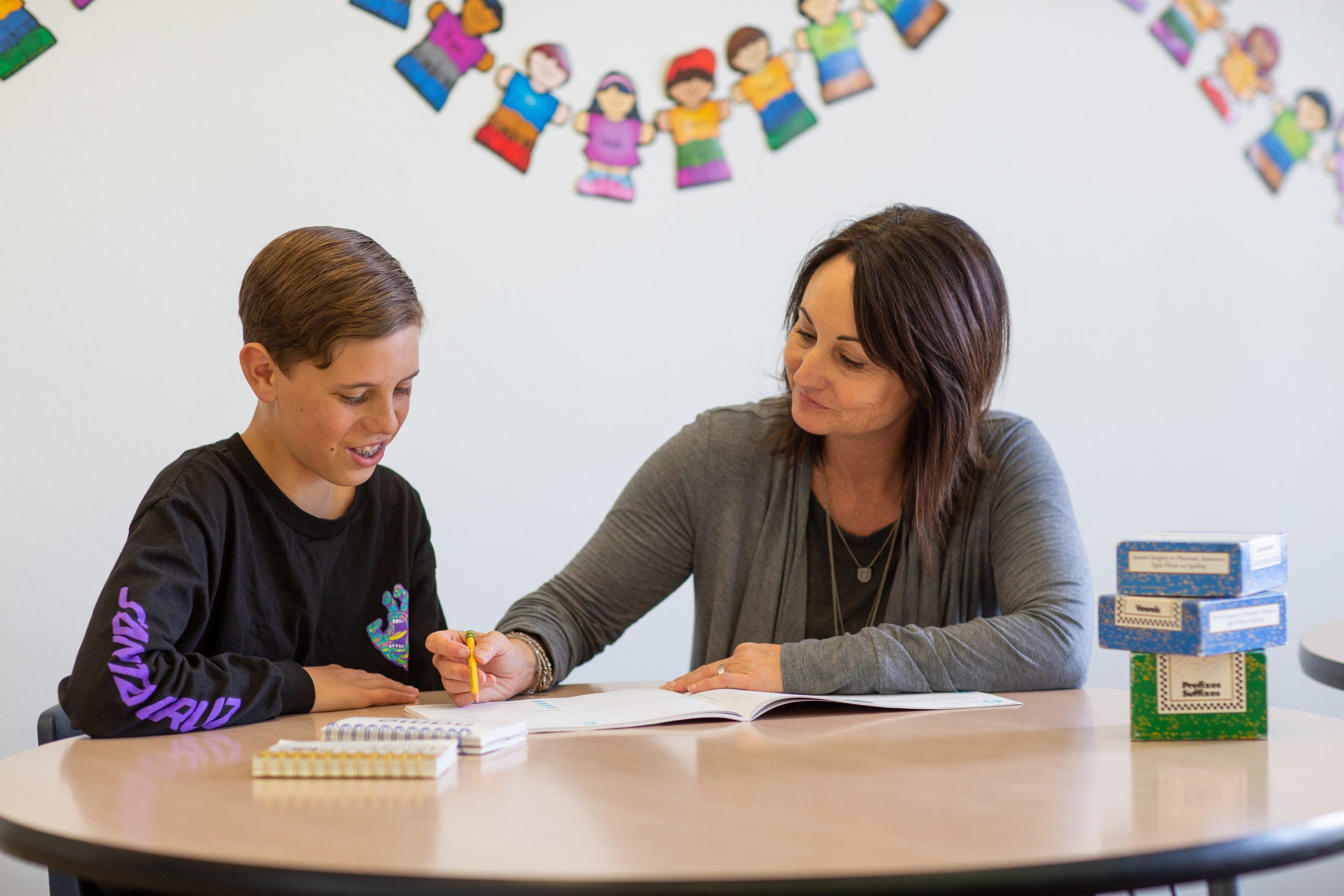Orton-Gillingham
Orton-Gillingham is a multi-sensory structured literacy approach. The Structured Literacy approach helps all children learn to read. Orton-Gillingham is based on the Science of Reading which combines multi-sensory strategies with systematic, sequential lessons to target each student’s individual decoding and encoding errors. Orton-Gillingham is a highly structured approach that breaks down reading and spelling into smaller skills so each student can increase their letter and sound processing abilities.

RAVE-O for Fluency, Comprehension and Deep Reading
RAVE-O (Retrieval, Automaticity, Vocabulary, Engagement and Orthography) developed by Maryann Wolf, PhD. – this motivating small-group, evidenced based literacy intervention curriculum empowers students to read text deeply in order to build new knowledge, develop new ideas, and reach new levels of reading achievement. RAVE-O mirrors what the brain does when it reads-literally rearranging the brain for sustained reading success. By connecting, phones, spelling, vocabulary, grammar and morphology, RAVE-O deepens students’ ability to read with fluency and for deep comprehension.

Does your child read words accurately, but struggle to comprehend the content? Do words seem to go in one ear and out the other? Are there problems with following directions in the classroom or at home? Do teachers say s/he is not trying or is lazy or inattentive? There are numerous reasons your child may be struggling in oral and/or written language comprehension and expression. Many children with difficulties in language comprehension have issues in concept imagery, the ability to quickly and accurately form mental pictures matching what we read and hear. This weakness causes students to get only “parts” rather than the whole picture. Additionally, deficits in concept imagery interfere with the ability to accurately recall and sequence information. Your child may have a language disorder if he or she has difficulty with the following:
- Reading Comprehension
- Retelling a story in the proper order
- Giving the main idea of the story
- Oral-Language Comprehension (following directions)
- Written-Language Skills (getting thoughts on paper)
Lindamood Phoneme Sequencing® (LiPS) Program for Reading, Spelling and Speech
Does your child have difficulty remembering his or her letters and the sounds associated with that letter? Does your child spell words the way they sound? Does your child have to sound out every letter of the word although they have seen the word before? Your child may have deficits in phonological processing if he or she has difficulty with the following:
- Pronouncing words correctly
- Reading words correctly
- Reading Rate
- Spelling
- Reading Multi-Syllable Words

